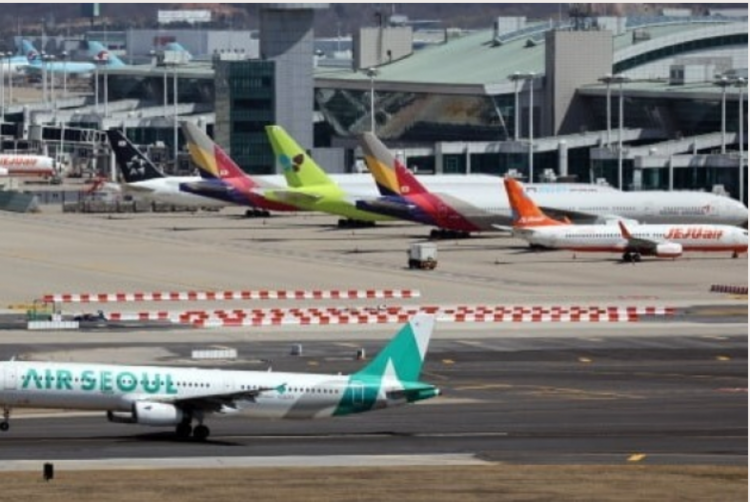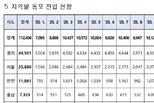
Newsnomics AJAY ANGELINA reporter |
South Korean government fined at least seven airlines for not be able to provide designate or operate priority seating and necessary information to the flight passengers with mobility difficulties, said the Ministry of Land, Infrastructure and Transport said on Wednesday August 7,2024.
A total of 2.5 million won ($1,816) fine has been imposed on each of the airlines include Jeju Air, T’way Air, Air Seoul, Air Premia, Air Busan, Eastar Jet and Aero K by the authorities.
According to the ministry, the airlines violated an air traffic convenience standard for those with mobility issues.
Air transport operators should comply with the standard to ensure the safety of passengers with disabilities, as stipulated by the Aviation Business Act said the Ministry.
Above all, air transport operators here are required to provide services that will facilitate easy access for passengers with disabilities when they board and disembark from planes.
In addition, Airlines also need to provide their staff with proper training.
The Ministry of Land, Infrastructure and Transport started investigation of 10 airlines and two airport operators from May 8 to look into whether the air companies have complied with the standards or not.
It is investigated that Korean Air, Asiana Airlines, Jin Air and the Korea Airports Corp. met the standards, but the aforementioned low-cost carriers (LCC) did not fulfill the standards.
According to the Ministry, the Aero K, Air Seoul and Air Premia not only managed priority seats inadequately but also failed to provide in-flight safety and service information in braille.
Contradictory, the Incheon International Airport Corp. and the Korea Airports Corp. operated special service centers for passengers with mobility issues, while supporting their movement within the airport. The companies were also active in expanding dedicated services at airports for travelers' comfort, according to the inspection done by the ministry.
The ministry reported that Airlines have since all updated their websites with the latest information on priority seating, distributed braille booklets onboard their planes and promptly rectified their inadequate business practices.
“We believe the latest inspection has served as an opportunity for airlines to enhance their services for more passengers,” said an official from the ministry.
“We will keep monitoring whether they continue to comply with the standards, and if necessary, we will toughen sanctions against those who violate it and other aviation rules here.”
According per survey previously conducted by the ministry, “almost a third of the nation’s population is transport-vulnerable as of 2021.” The survey indicated that over 15 million people, out of a total population of approximately 51 million at the end of 2021, experienced mobility difficulties.
Since past two years, the figure has been on a sharp rise up by around 800,000 between 2016 and 2021.
That raised the growing calls for transport service operators to think about more supportive measures for those with mobility difficulties.










